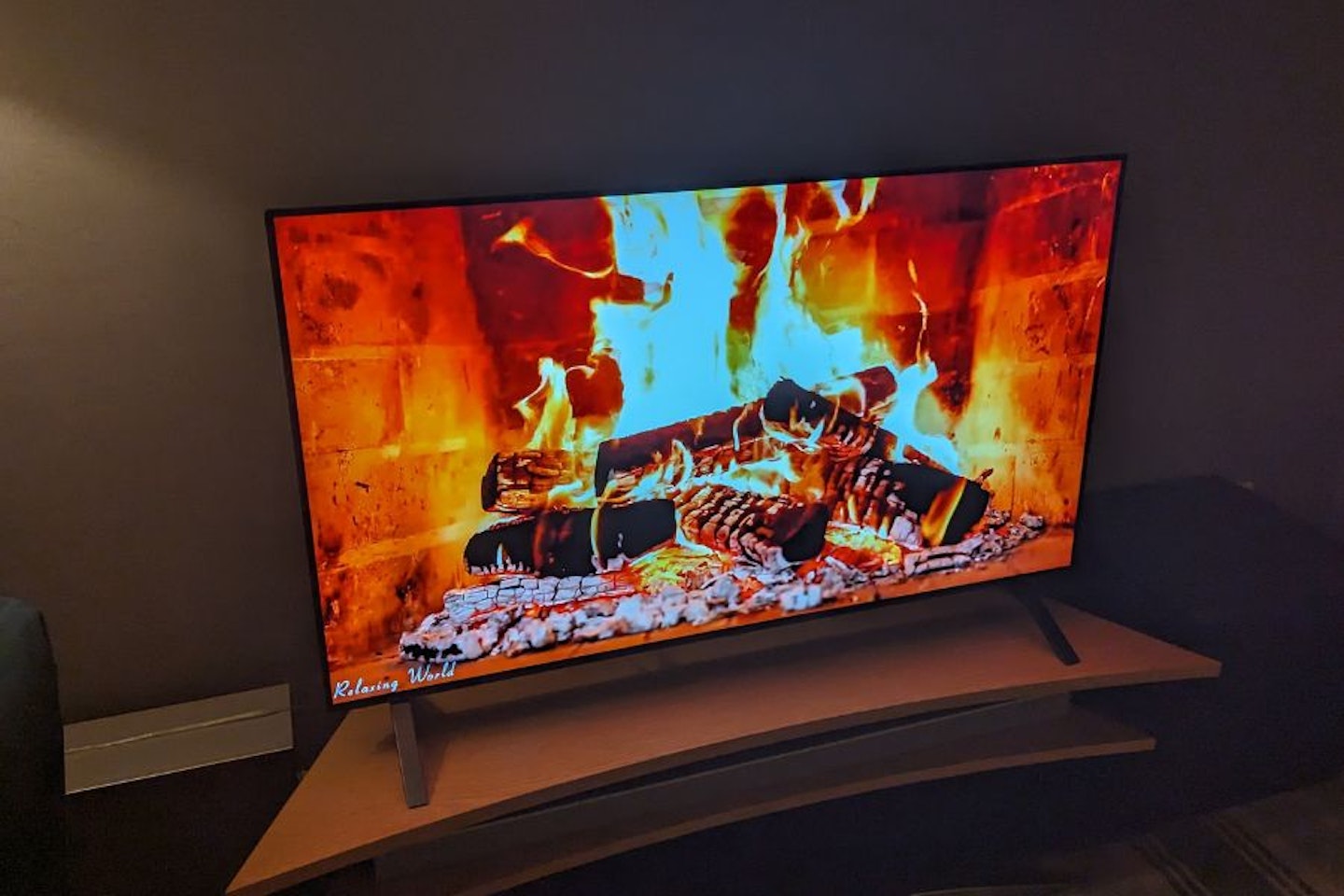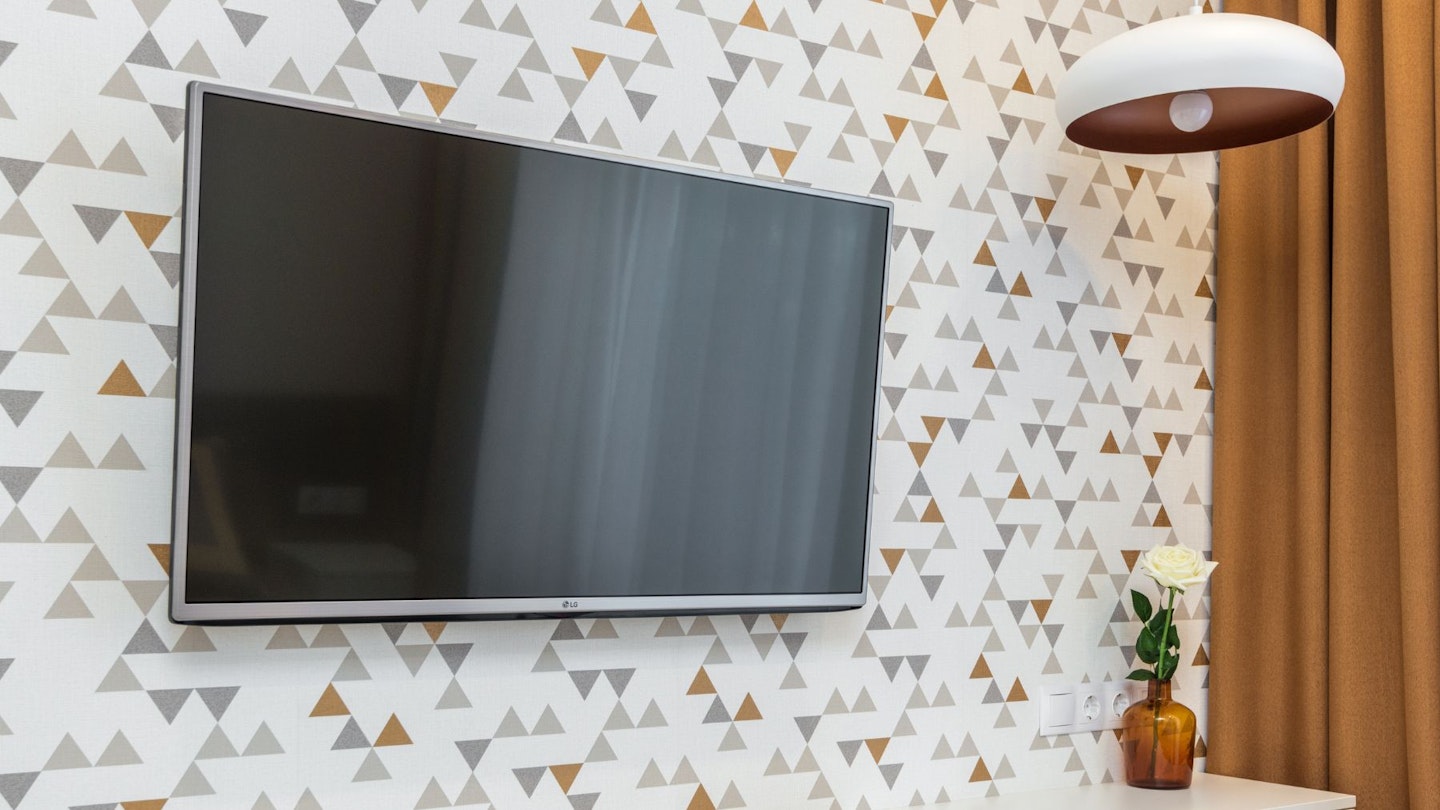When buying a quality TV, it's easy to get overwhelmed by terminology; QLED, OLED, 4K, and so on, are hardly terms that are immediately obvious what they mean and represent.
Let's break one thing down immediately; QLED and 4K are actually separate features, so a TV can have both. Of course, that's not always an option and there may be occasions where you're forced to choose one or the other.
QLED describes the screen type, the technology on how your display works, whereas 4K refers to resolution, the amount of pixels the screen can display. We'll go into further detail in their own sections.
We'll help you decide which feature is more important for the purpose you want. If you're looking for a gaming TV, you might prefer to focus on the QLED screen. On the other hand, a 4K TV is brilliant for binge-watching your favourite shows. Regardless, they both have merit, so we'll take a look at each feature.
What is QLED?
The vast majority of modern TV screens are LED-based, meaning the visuals are displayed by little diodes, and QLED is an enhanced step up from that.
We go into it in more detail in our QLED guide, but the general gist is that a QLED screen uses a layer of Quantum Dots to emit light. This results in a brighter and more colourful final image. Some models even let you adjust the brightness and dim it as you please.
As you can imagine, a bright TV is a blessing to have if your living room is fairly dark. It also really helps out during sunny days, as it won't be overpowered by any beams of light coming in through windows.

What is OLED?
While we're not here to focus on OLED vs 4K, we can't talk about QLED without acknowledging OLED. Normal LED TVs use a backlight to help display visuals, whereas an OLED allows each pixel to produce its own colour and light. As a result, you get much better colour quality and contrast than a standard LED. In essence, bright colours seem brighter and dark colours appear darker.
Compared to a QLED, an OLED has much better contrast thanks to the exclusion of a backlight, but it usually isn't as bright and as such, doesn't perform as well in poor lighting conditions.
What is 4K?
As we mentioned earlier, 4K refers to resolution, the number of pixels displayed. A 4K screen is capable of showing roughly just shy of 8.3 million pixels at a time (usually about 8,294,400). 4K is just one way of representing this, but some might use other phrases such as 3840 x 2160 pixels or 2160p.
If the layout of those phrases seems a bit familiar, it's because you see them all the time on YouTube videos and streaming sites. When something is "HD", it's actually just a 720p resolution, and "FHD" is 1080p.
That's what 4K really boils down to; it's the next step up from full high-definition visuals.
When should you prioritise QLED over 4K?
Again, these aren't mutually exclusive features and plenty of TVs enjoy the benefits of both. That said, if you really need to pick one or the other, we suggest QLED.
While 4K does look fantastic, not all content supports it yet. On the flip side, you'll always have access to your QLED screen. Also, FHD is still a great resolution that's pleasing to the eye. 4K is a step up from it, but nowhere near as dramatic a leap up as a QLED is over a regular LED TV.
We stated earlier that a 4K TV is great for binge-watching shows, and we stand by that. If you think your chosen room is well-lit already, then you might find that a 4K screen is better for you. Otherwise, we adore a QLED display and think it performs great in plenty of situations, especially with the colour contrast often improving the visuals of video games.
Regardless of whether you opt for a 4K TV or agree with us and appreciate QLED more, there's no wrong decision to be made here.
Kyle Purves is a Commercial Content Writer for What’s The Best, with an avid interest in all things gaming and tech.
They’re well-versed in reviewing a variety of tech products, with a soft spot for speakers and earphones. They’re also no stranger to hunting down the best savings, always wanting to get the best deal possible. Outside of work, they can often be found playing through an RPG, listening to Japanese noise rock, or trying to catch up with their ever-expanding list of shows and anime to watch. If possible, they try to play Dungeons and Dragons a couple of times a week, but getting six adults to be free at the same time is easier said than done.
Subscribe to the What’s The Best Newsletter to keep up to date with more of the latest reviews and recommendations from the rest of the What’s The Best team.
